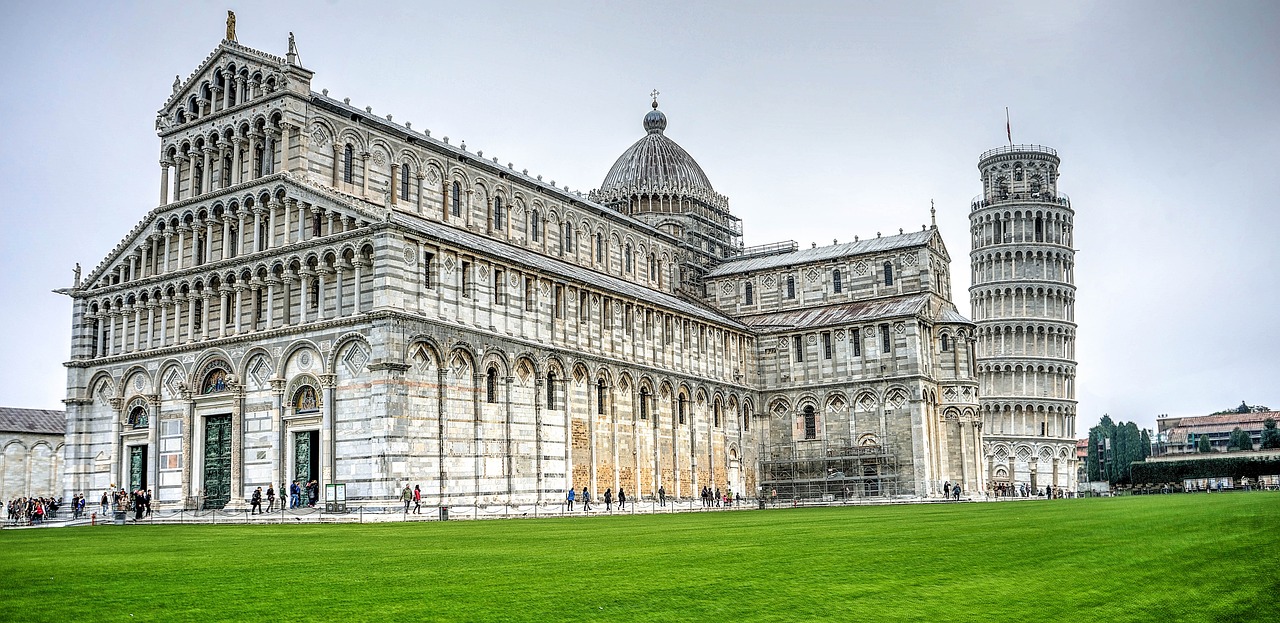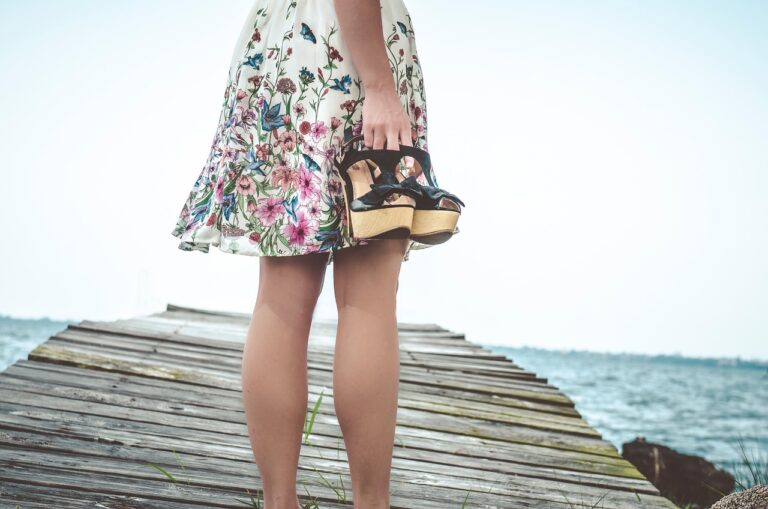The Psychology of Souvenirs: Why We Collect Mementos from Our Travels
When we bring back souvenirs from our travels, we are often seeking to capture a moment or feeling that we experienced while exploring a new place. These objects serve as tangible reminders of the emotions we felt during our journey and can transport us back to that particular time and location.
The act of selecting a souvenir is a deliberate process that involves a connection between the object and our memories. Whether it is a trinket, a piece of clothing, or a piece of art, each souvenir represents a unique moment or experience that we want to hold onto. By holding onto these physical reminders, we are able to keep the emotional connection alive long after our travels have ended.
• Souvenirs are physical reminders of the emotions we felt during our travels
• They serve as a way to transport us back to specific moments and locations
• The act of selecting a souvenir involves a connection between the object and our memories
• Each souvenir represents a unique moment or experience that we want to remember
• By holding onto souvenirs, we can keep the emotional connection alive even after our travels have ended
The Desire for Memory Preservation
Souvenirs hold a special place in our hearts as they serve as tangible reminders of cherished moments and experiences. These mementos play a crucial role in preserving our memories and connecting us to past events that have shaped our lives. Whether it’s a trinket from a foreign land or a ticket stub from a memorable concert, souvenirs become precious keepsakes that evoke nostalgia and sentimentality.
The act of collecting and keeping souvenirs is deeply rooted in our instinctual desire to hold onto significant memories. In a world where time flies by and moments seem to fade, souvenirs serve as anchors that help us solidify our recollections. They become symbols of personal history and offer a sense of comfort and reassurance, allowing us to revisit the past and relive the emotions associated with those memories.
The Role of Souvenirs in Identity Formation
Many people collect souvenirs as a way to create a tangible representation of their experiences and memories. These items can serve as a symbolic link to specific places or events that hold personal significance. By surrounding themselves with these souvenirs, individuals are able to reinforce their connection to certain aspects of their identity, whether it be cultural, sentimental, or aspirational.
Souvenirs can also play a role in shaping one’s sense of self by acting as reminders of achievements, goals, or values. They serve as physical manifestations of personal journeys and milestones, providing a visual narrative of an individual’s life story. Through the curated selection and display of these souvenirs, people are able to express different facets of their identity to themselves and to others, creating a sense of continuity and coherence in their evolving sense of self.
Why do people often feel an emotional connection to souvenirs?
People often feel an emotional connection to souvenirs because they serve as tangible reminders of happy memories and experiences.
How do souvenirs help in preserving memories?
Souvenirs help in preserving memories by acting as physical mementos that trigger specific recollections and emotions associated with the past.
Can souvenirs play a role in shaping one’s identity?
Yes, souvenirs can play a role in shaping one’s identity by reflecting personal interests, values, and experiences that contribute to a sense of self.
Do people collect souvenirs solely for sentimental reasons?
While sentimentality is a common reason for collecting souvenirs, some people also collect them for aesthetic value, investment purposes, or as a way to showcase their travels.
How can souvenirs influence how we perceive ourselves?
Souvenirs can influence how we perceive ourselves by serving as symbols of our experiences, values, and identities, which can contribute to a sense of self-understanding and self-expression.





